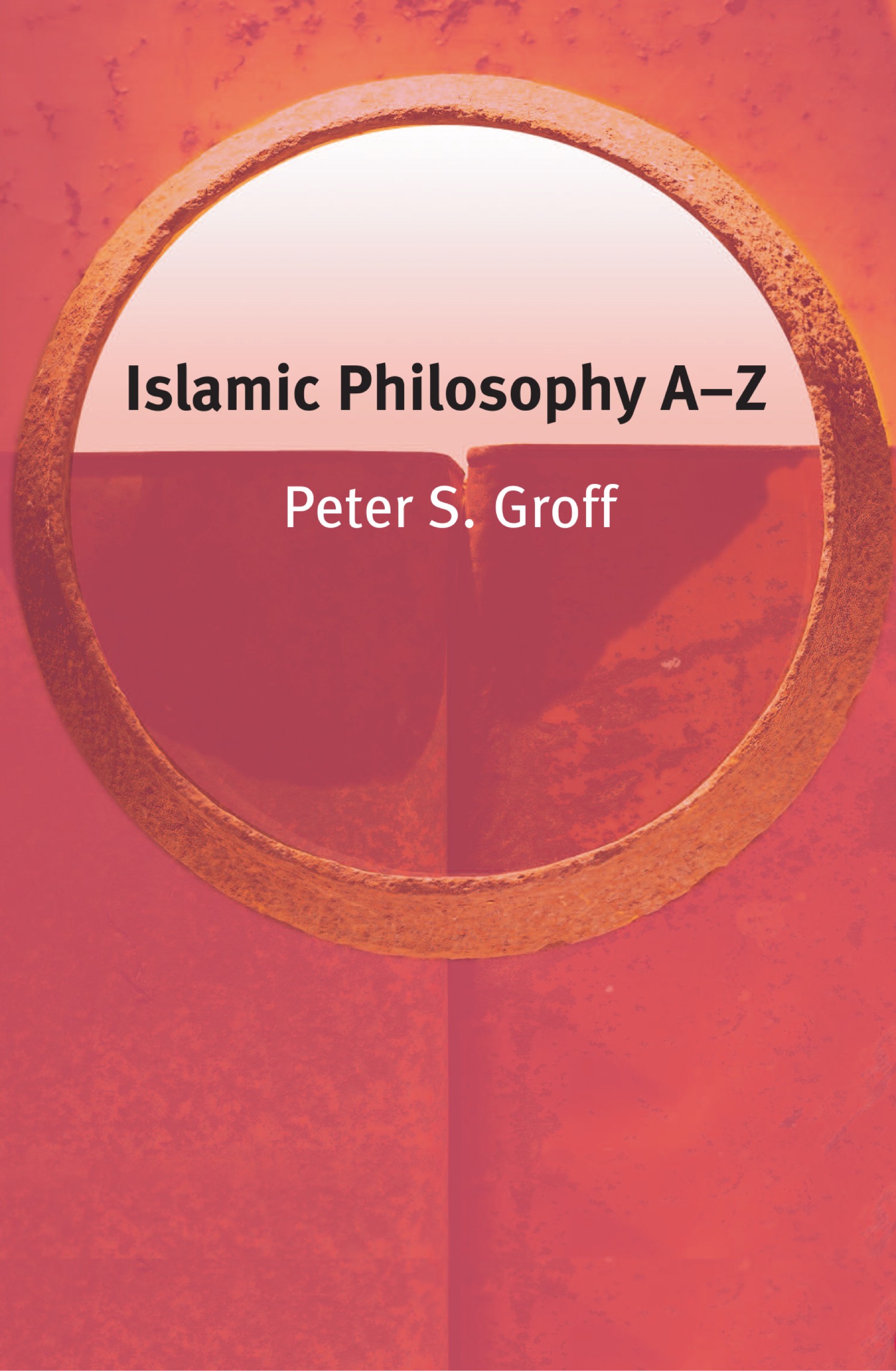ISLAMIC PHILOSOPHY A-Z
Summary of Islamic Philosophy A–Z
“Islamic Philosophy A–Z”, written by Peter S. Groff, is a concise yet comprehensive reference book that introduces key figures, schools, concepts, and topics in Islamic philosophy. It is structured as an alphabetically arranged dictionary, making it easy to navigate for students, scholars, and general readers interested in Islamic thought.
⸻
1. Purpose and Structure of the Book
• The book provides over a hundred concise entries, each explaining an essential aspect of Islamic philosophy.
• Entries cover:
• Major philosophical schools (e.g., Peripatetics, Illuminationists, Sufis, Kalam theologians)
• Influences from classical Greek and Jewish philosophers
• Key philosophical concepts (e.g., metaphysics, epistemology, ethics, political philosophy)
• Islamic critiques of philosophy and its relationship with religion and theology
• Includes cross-references between topics for better comprehension.
⸻
2. Key Themes Covered in the Book
a) Historical and Theoretical Foundations of Islamic Philosophy
• Discusses the origins and evolution of Islamic philosophy, emphasizing its interaction with Greek, Persian, and Indian thought.
• Explains how Islamic philosophers preserved and developed Greek philosophical traditions, influencing medieval Christian and Jewish philosophy.
b) Prominent Figures in Islamic Philosophy
• Covers key philosophers, including:
• Al-Kindi – The first major Islamic philosopher, influenced by Aristotelian thought.
• Al-Farabi – A philosopher who integrated Platonism and Aristotelianism into Islamic philosophy.
• Ibn Sina (Avicenna) – Developed a sophisticated metaphysical system, influencing medieval philosophy.
• Al-Ghazali – A major critic of Peripatetic philosophy, arguing for the supremacy of theology.
• Ibn Rushd (Averroes) – A defender of Aristotelianism, known for his rationalist approach to religion.
• Mulla Sadra – Founder of Transcendent Theosophy, emphasizing the primacy of existence over essence.
c) Core Philosophical Debates
• The Nature of God and Divine Attributes – Discusses different views on God’s essence, knowledge, and power.
• Reason vs. Revelation – Examines how Islamic philosophers reconciled rational inquiry with religious teachings.
• The Eternity vs. Creation of the World – A major debate between philosophers (who supported eternity) and theologians (who argued for creation).
• The Problem of Causality – Explores occasionalism (al-Ghazali) vs. Aristotelian causality (Ibn Rushd).
• Free Will and Predestination – Analyzes whether humans have free will or if their actions are predetermined by God.
d) Influence of Islamic Philosophy on Other Traditions
• Discusses how Islamic philosophical ideas influenced Western medieval thought, particularly through Jewish and Christian scholars (e.g., Maimonides, Thomas Aquinas).
• Explains the role of Islamic philosophy in the transmission of Greek knowledge to Europe.
⸻
3. Importance of the Book
• Bridges the gap between philosophy and theology, showing how Islamic thought integrates both.
• Clarifies major philosophical concepts, making it accessible to readers new to Islamic intellectual traditions.
• Provides a scholarly yet readable reference for students, academics, and researchers in Islamic studies, philosophy, and religious thought.
⸻
Conclusion
Islamic Philosophy A–Z is an essential reference guide that offers a clear and well-organized introduction to the vast and rich tradition of Islamic philosophy. It helps readers understand key philosophical debates, influential thinkers, and the broader intellectual history of Islam.
